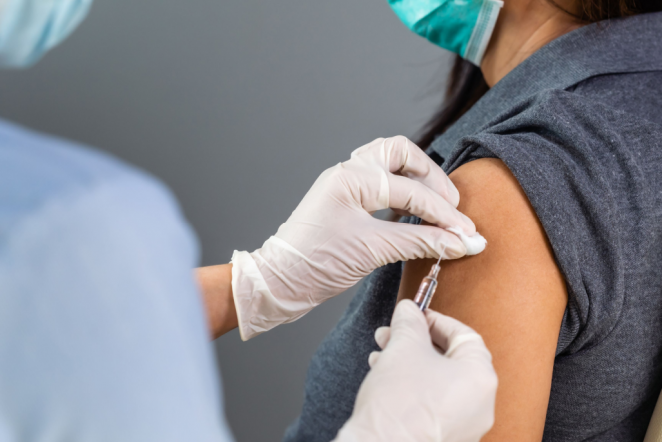Although researchers and the health care community have made progress in the fight against heart disease, it remains the leading cause of death in the United States. According to the American Heart Association, heart disease affects nearly 70 percent of Americans between the ages of 60 and 79 and causes 600,000 deaths per year. The most common type of heart disease is coronary artery disease (CAD), which can lead to a heart attack.
Because heart disease is so common, many Americans feel that it is a normal part of the aging process. However, lifestyle changes, including a whole food, plant-based diet can prevent and reverse CAD. In fact, nutrition can be more powerful than medications and surgeries in improving heart health.
What is Whole Food, Plant-based Diet?
A whole food, plant-based diet means eating a variety of healthy, plant foods such as vegetables, fruits, legumes and whole grains. Foods and beverages high in refined sugar (pop and sweets), processed grains (snack foods) and saturated fat (animal products such as meat, cheese and butter) are avoided because they can contribute to heart disease and other chronic health conditions.
The Science Behind the Eating Plan
Research demonstrates that following a whole food, plant-based diet can prevent, halt and reverse heart disease. Two physician researchers – Dr. Dean Ornish and Dr. Caldwell Esselstyn – have spent their careers demonstrating the importance of a plant-based diet. Both showed that patients with severe heart disease could reverse the blockages in their coronary arteries and eliminate chest pain (angina). The diet dramatically reduced the number of cardiac events such as heart attacks, stents and coronary artery bypass surgery. This research is gaining visibility and more individuals throughout Michigan are adopting a plant-based diet and experiencing the benefits for themselves.
Not only does this way of eating improve heart health, the only “side effects” are positive ones. Individuals report improvement in their energy levels, mental clarity, weight loss, and less indigestion and constipation. In addition, plant-based diets have also been associated with lowering the risk of diabetes, hypertension and cancer.
Getting Started
If you are interested in adopting a plant-based diet, the first step is to learn more. Talk to your doctor about a referral to a dietitian who is knowledgeable on the topic. Then, depending on your lifestyle and your health goals, you can move toward a healthier diet.
- Start a tradition of “meatless Mondays” or add several wholesome, plant-based meals to your weekly menu
- Add legumes and greens to some of your favorite recipes – and cut the amount of meat, oil and processed ingredients
- Switch from pop to sparkling water
However, if you have heart disease or the risk factors, you may want to experiment with fully adopting a plant-based nutrition plan. Start by making a list of the foods you like that meet the guidelines and, if necessary, find other healthy options to round out your menu. Enlist the support of a friend or family member and embark on a four-week journey to better health. At the end of the four weeks, assess how you’re feeling physically and emotionally. You may even want to check your blood cholesterol and glucose levels and compare them to previous readings. By following the plant-based plan, you will likely see an improvement in all of these numbers.
If this seems daunting and you’re not sure how to get started, Forks Over Knives is an organization dedicated to plant-based diets and healthy heart living. The website features tons of great recipes ranging from breakfast to sweet treats and you can even sign up for the meal delivery service to have approved plant-based meals delivered straight to your doorstep. What’s easier than that?
One caution – because this approach can be so effective, you may need to consult your doctor if you take medication for blood pressure or blood sugar. Sometimes within days of starting a plant-based diet, individuals are showing improvements and may need an adjustment in their medications. This means your body is already starting to heal itself and you may not need as much medication. Do not try to adjust your medications on your own – always consult a doctor.


